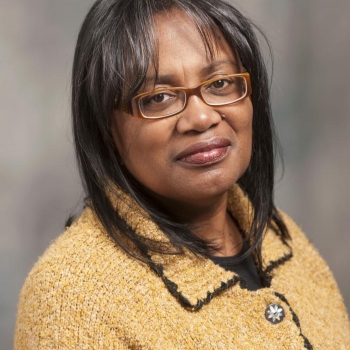Years before anyone had heard of ACEs, Brenda Jones Harden was a social worker in the child welfare system. She worked with children who had spent their lives in foster care, children whose parents died young from drugs or disease or street violence.
“I thought: Here are the children who are the most vulnerable. Not only are they poor, not only do they have educational problems, but they have been traumatized. It made me want to devote the rest of my career to these children.”
Brenda began as a clinician, then realized she wanted to contribute in a broader way: as a researcher, policy advocate and consultant to early childhood and parenting programs. “That range of activities keeps me engaged at a high level, so I can continue to work on the same kinds of issues. Had I stayed a front-line clinician, I probably would have burned out.”
She is Associate Professor in the Department of Human Development and Quantitative Methodology at the University of Maryland College Park. Her research examines the developmental and mental health needs of children at environmental risk, especially those who have suffered maltreatment or trauma.
As a member of the MARC collaborative, Brenda brings her passion for focusing on the most vulnerable populations, a concern about secondary trauma in the work force and an understanding of child development that challenges a “one size fits all” approach to intervention.
“Let’s speak about what trauma means for children at different ages and how that should inform interventions as well as policy,” she says.
Brenda’s publications have looked at the risk and protective factors that shape kids’ outcomes, as well as the role of early care and education programs in the lives of children reared in poverty. She looks forward to gaining an even more macro perspective—how to blend funding streams, gather stakeholders and transform large systems to better the lives of children and families. “The piece that will be most helpful to me is the emphasis on systemic change, the collective impact notion. That’s going to be what I learn.”
